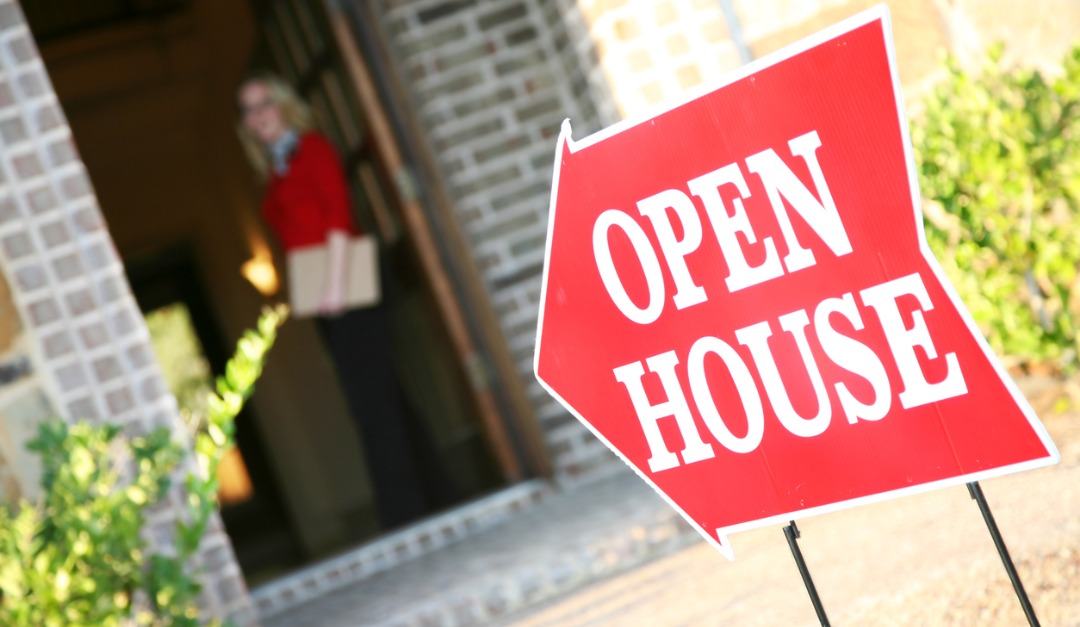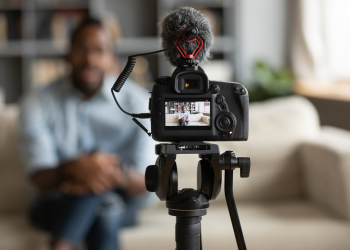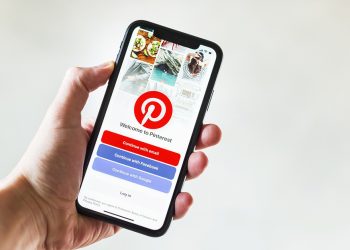In the past, open houses were an essential part of the listing marketing toolkit. Things have shifted, however, as the internet and technology have become intrinsic elements of the real estate home search. For example, according to the National Association of REALTORS® Profile of Home Buyers and Sellers, only 7 percent of buyers found the home they purchased through a yard sign or open house sign, while 50 percent found their home on the internet.
Where does that leave open houses? It depends on the market and local trends. Today’s real estate professionals report varying results, citing differences in turnout, how they market and what the purpose of an open house actually is.
When Is the Open House and What’s the Turnout?
Traditionally, open houses were held solely on Sunday afternoons. In many areas, that’s no longer the case, as agents try to double up on weekend days to maximize lead-capture potential and increase listing awareness. In some areas of the country, however, it also has to do with lifestyle trends.
“Utah is a fairly religious state,” says Logan Moffett, team lead with the Moffett Group RE, RE/MAX Equity, “so Sundays are not the optimal day to hold an open house.”
Moffett hosts his open houses on Saturdays, from 11 a.m. to 3 p.m., and while he says open houses may be a little less common in his market these days, “if you go driving on Saturdays, you will find them.”
Tiffany Klusacek, office sales manager and team lead for Tennessee’s Elite, Berkshire Hathaway HomeServices PenFed Realty, says she doesn’t go over two or three hours for her open houses, but her market area sees less activity than Moffett’s, who typically expects about 10 groups to come through an open house. Klusacek generally only sees three to five parties in a two-hour period.
There are also markets that are harder to predict. For example, Danny Lewis, ABR—broker of Dream Town Realty—says the turnout largely depends on the listing—expecting, on average, three visitors at a minimum.
“But we’ve had 30 or 40 at the most on hot listings,” he says. He hosts his open houses on the opening weekend of every listing.
“…then depending on the availability of the sellers, we hold them, likely, every weekend” until the home sells, he adds.
One thing that will never change? Nosy neighbors.
“It is still commonplace to find nosy neighbors coming to check in on what their neighbor’s home looks like inside, but I do feel like most people are genuinely looking,” says Moffett, who finds that his open house visitors are typically first-time homebuyers and millennials.
What has changed, however, is the reasoning behind open houses.
What’s the Motivation?
If the turnout has a chance of being low and more buyers are finding their homes online, why are agents still holding open houses? The motivation behind open houses has changed, at least in part, according to several industry professionals.
Creating buzz around a property, capturing buyer leads and increasing branding efforts are now the primary goals. If a buyer purchases the home they visited during the open house, that’s just a bonus.
“For the most part, brokers use open houses to try to attract potential buyers,” says Lewis, “but I am using open houses as leverage. We hold the open houses the opening weekend of our listings to motivate buyers to make an offer before the open house.”
Klusacek says only a handful of her listings have sold due to an open house, but “agents are getting more successful turnouts if they advertise key features that may draw potential buyers out to the property out of curiosity.”
Many agents also use open houses as another value-add for their sellers. With so many agents flooding the market, they have to offer consumers as much as possible in order to compete and get their listing contracts signed.
“Depending on the location and price point, open houses are a great way to attract attention to your brand and show your sellers you are willing to do anything to get their place sold,” says Lewis.
What Types of Marketing Are Effective?
Agents agree they can no longer simply post the open house on the MLS and expect people to show up. That’s why many have turned to unique marketing methods to increase awareness and create interest.
Klusacek, for example, has created open house caravans with big success, she says. Her team creates themed flyers for them, often playing off the holidays and offering incentives, such as gift card drawings, for visiting multiple open houses in a single weekend.

“This worked great! I know I personally have sold two houses off of these open houses,” says Klusacek.
Because most buyers are starting their search online, Moffett has prioritized social media marketing, which allows him to target specific individuals who he knows have interest in the market.
“We create a Facebook event and market the event online,” says Moffett. “It allows us to invite specific people in our SOI who we know are looking at homes or were in the past until they started to cool off.”
Lewis has taken advantage of another presence: local artists.
“A couple of years ago, I partnered with local artists to feature their art at my open houses,” says Lewis. “It just brought in a brand-new type of clientele and also builds rapport with the local artist community.”
Even today, however, traditional methods of marketing flood the neighborhoods in the form of open house signs.
Are the Signs Working?
There can be a limit on the effectiveness of open house signs, as exemplified by a recent string of complaints. Several officials have reported these signs as a nuisance, cluttering sidewalks and yards every weekend for hours at a time.
In Fremont, Calif., officials plan to implement and enforce regulations that would limit the number of signs a real estate agent can put up, according to the East Bay Times, and, according to the New York Times, various towns in New York have already banned these signs, and other areas such as New Canaan, Conn., have implemented trial bans.
Moffett, Lewis and Klusacek, however, have not experienced this glut in their own markets.
“They are allowed in our area,” says Klusacek, who sets, on average, about six signs per home depending on how many directionals are needed from the main intersections, “…though we find that open house flags get more attention.”
Moffett’s team, meanwhile, typically sets five (with balloons), but feels putting a few more up would be more effective. Lewis says he usually puts out three signs, “always in prominent areas where people will be walking by.”
Are Open Houses Fading Away or Transforming?
Many markets, such as Klusacek’s, have witnessed a decrease in the number of open houses being held. But is this a trend nationwide?
“Buyers have been and continue to move towards online shopping for homes before ever stepping foot inside of a property,” says Klusacek. “This usually gets them connected with an agent ahead of them doing any of the foot work they have done in the past.”
However, regardless of changes in how buyers find their future homes, and in how agents market and use these events, open houses continue to be a go-to for many industry professionals looking to capture more buyer leads, provide the best value proposition for their sellers and more competitively brand themselves.
“Open houses not only allow buyers to tour the home, but they also create urgency for other buyers,” says Moffett. “Overall, open houses are a window to a successful business by providing extra opportunities to get in front of specific buyers.”
 Liz Dominguez is RISMedia’s associate content editor. Email her your real estate news ideas at ldominguez@rismedia.com.
Liz Dominguez is RISMedia’s associate content editor. Email her your real estate news ideas at ldominguez@rismedia.com.








